Looking for the best budget electric cars in 2025 doesn’t have to be overwhelming, even with so many new models and options available. Whether you’re prioritizing cost, driving range, or day-to-day practicality, you’ll find that automakers are offering more affordable electric vehicles than ever before. You can choose from a range of reliable, feature-packed EVs that deliver great value without stretching your budget.
You might be impressed by how modern and accessible today’s budget EVs are—spanning a variety of body styles and packed with features once reserved for luxury models. From compact city cars to versatile hatchbacks, you have more choices than ever to find an electric car that fits your needs and lifestyle.

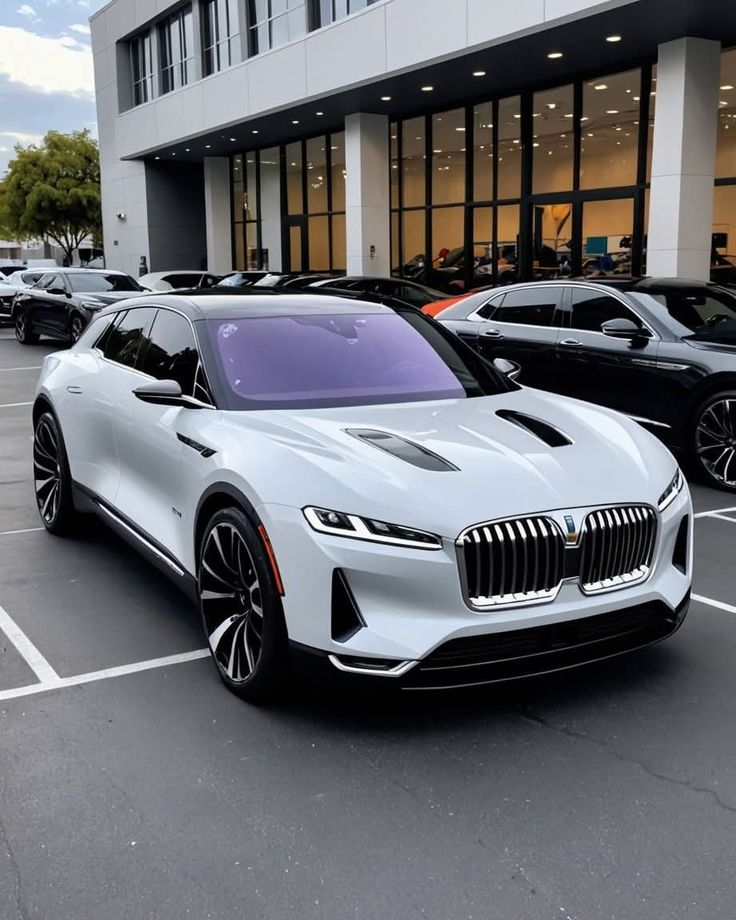
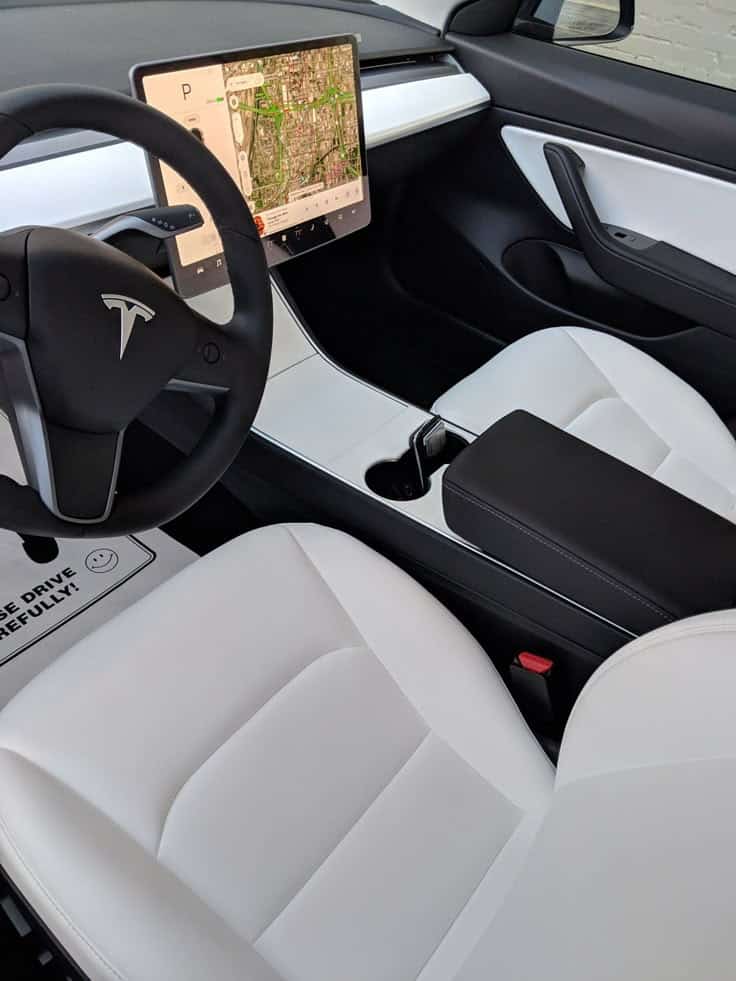
Key Takeaways
- Top budget EVs in 2025 offer strong value for your money
- Affordable models now include diverse body styles and features
- Comparing key specs helps you choose the EV that suits your needs
What Makes an Electric Car Budget-Friendly?
Choosing the right electric vehicle can save you thousands—not just at the dealership, but over the life of your car. From sticker price to maintenance costs and tax incentives, several factors shape whether an EV truly fits your budget.
Defining Budget Electric Cars
A budget electric car isn’t just the cheapest electric car on the lot. Instead, it means a model delivering real value for its price. Typically, these cars cost less than $40,000 before incentives, but still offer enough features, range, and practicality for everyday use.
You’ll usually find smaller hatchbacks and compact SUVs among the most affordable options. These often prioritize essential features while keeping extras (like luxury seats or advanced audio systems) to a minimum. The goal is to balance capability, efficiency, and affordability without significant compromises to quality or safety.
Budget electric vehicles still cover key needs for commuting, family trips, and cargo space, even if they don’t have the longest driving ranges or fastest charging speeds. Consider whether your daily routine matches what these entry-level models offer.
Key Cost Factors to Consider
Several elements play into the total cost of owning an electric vehicle. Upfront price, which includes the manufacturer’s suggested retail price (MSRP), taxes, and dealer fees, is just the start. Battery size and range can influence how much you pay—bigger batteries cost more but may offer more versatility.
Long-term savings are an important part of the equation. EVs generally require less maintenance than gas cars since they have fewer moving parts and no oil changes. Charging at home can be cheaper than fueling up at the pump, especially if local electricity rates are low.
Factoring in warranty length, expected resale value, and the cost of home charging equipment helps you get a full picture. Use the checklist below to compare cars:
- MSRP and potential discounts
- Estimated range per charge
- Charging upgrade costs
- Predicted maintenance expenses
- Insurance rates
Federal and State Incentives
Making a budget electric car even more accessible are government incentives. The federal EV tax credit currently allows up to $7,500 in savings for select models, although not every cheapest electric car qualifies. Eligibility often depends on factors like battery sourcing and where the vehicle is assembled.
Many states offer additional benefits that can include cash rebates, reduced vehicle registration fees, and HOV lane access. Some local utilities even provide home charging equipment rebates or lower rates for overnight charging.
Be sure to check both federal and state requirements before you buy. The available incentives can shift each year and may be different for leased versus purchased vehicles. Taking time to apply for these programs can lead to substantial upfront savings and lower operating costs over time.



Top 10 Best Budget Electric Cars in 2025
You’ll find a range of electric vehicles in 2025 that balance price, features, and daily use. Leading models like the Nissan Leaf, Hyundai Kona Electric, and Chevrolet Equinox EV stand out for affordability, range, and technology.
2025 Nissan Leaf Highlights
The 2025 Nissan Leaf remains one of the most affordable electric cars. Its starting price is expected to be among the lowest in the EV market, making it a strong pick if you’re budget conscious.
Key specs include a driving range around 150 miles for the base model and up to 226 miles with the larger battery. While its range isn’t the highest, the Leaf’s value shines in daily city driving and short commutes.
Standard equipment includes a user-friendly infotainment system and advanced safety features like automatic emergency braking and lane departure warning. The cabin offers comfortable seating, and its hatchback design gives you useful cargo space for groceries or small loads.
If you want low running costs and reliable performance for city life, the Leaf delivers with a straightforward ownership experience.
Hyundai Kona Electric Advantages
The 2025 Hyundai Kona Electric is a subcompact crossover with a strong reputation for value. Its estimated range exceeds 250 miles per charge, making it suitable for longer trips and highway driving.
You get a comfortable ride, responsive handling, and a good amount of cargo space for the segment. The Kona Electric comes standard with an 8-inch touchscreen, Apple CarPlay, Android Auto, and Hyundai’s extensive warranty.
Safety is addressed with driver aids like adaptive cruise control, blind spot warning, and rear cross-traffic alert. The battery is designed for longevity, and fast charging keeps downtime short.
If you need versatility for city and suburban use, or you want an electric car with useful technology and range, the Kona Electric is a compelling option.
2025 Chevrolet Equinox EV Features
The 2025 Chevrolet Equinox EV brings practicality to the affordable electric SUV market. It targets a starting price under $35,000, making it accessible for many buyers looking for one of the cheapest electric cars in its class.
Chevy equips the Equinox EV with a projected range of up to 300 miles (depending on trim). This makes it a good fit for longer commutes or small trips without frequent charging stops.
You’ll find a roomy interior, modern tech features such as a large infotainment display, wireless device charging, and advanced driver assistance features like automatic lane keeping and parking assist. The rear seats fold flat for added cargo space, supporting active and family lifestyles.
Choosing the Equinox EV means getting SUV features at an affordable price, with solid range and up-to-date in-cabin technology.
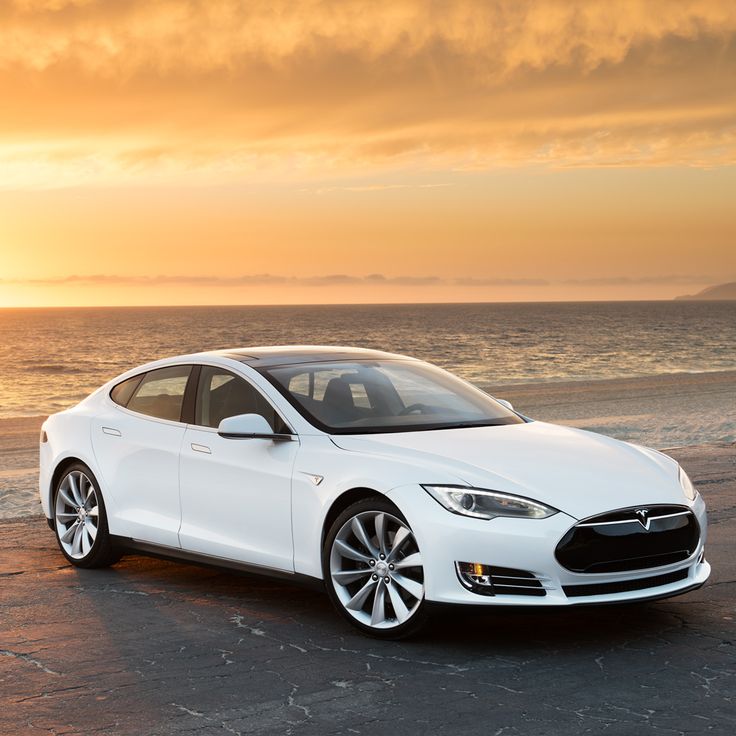
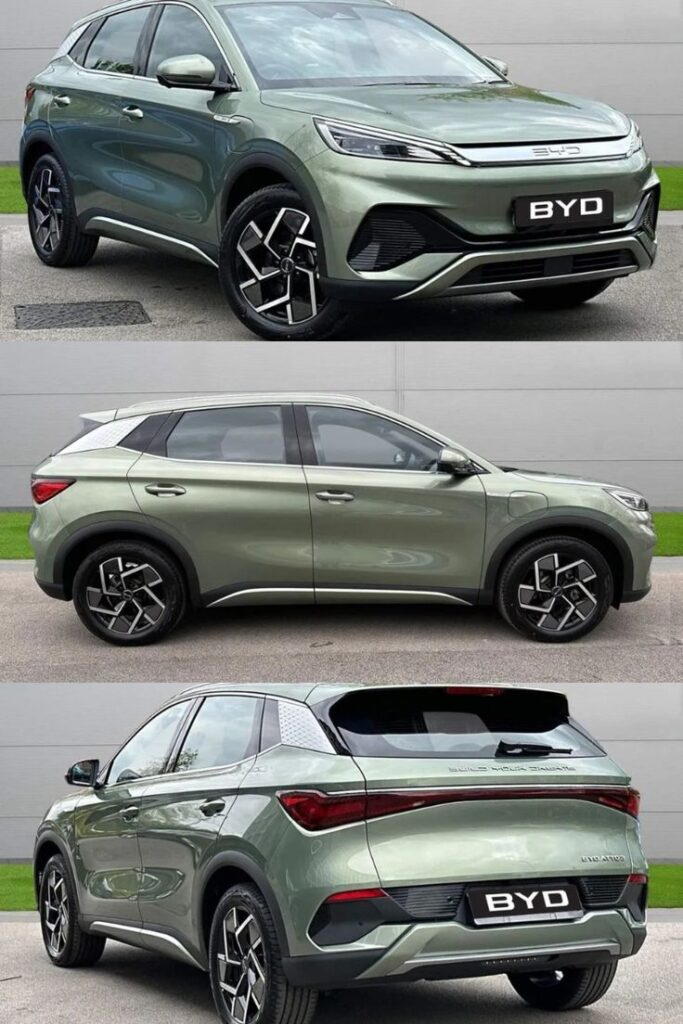
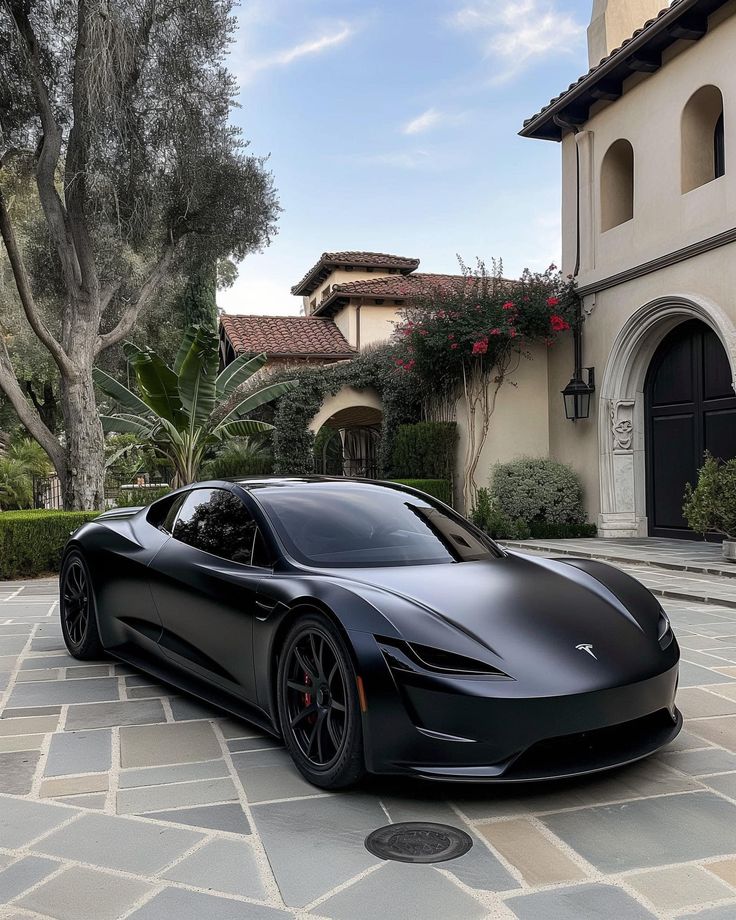
Affordable Electric Cars by Body Style
Choosing your next electric car can be easier when you focus on body style. Whether you’re looking for practicality, style, or passenger space, there are affordable models in every category that stand out in 2025. Battery range, interior features, and value differ quite a bit between hatchbacks, sedans, and crossovers.
Best Electric Hatchbacks
Hatchbacks give you cargo flexibility and compact dimensions for easier city driving. The Nissan Leaf remains a great pick for tight budgets, offering a practical liftgate and an EPA-estimated range around 149 miles. Its simple, user-friendly interior and accessible starting price continue to draw first-time EV buyers.
If you want more features and a modern feel, the Hyundai Kona Electric is worth considering. It pairs up-to-date tech with a usable cargo space, folding rear seats, and a range that exceeds 250 miles on a single charge.
Another option is the Chevrolet Bolt EV, which balances a reasonable price with quick acceleration and practical storage. Even though new models are discontinued, low-mileage used Bolts deliver excellent value for hatchback shoppers.
| Model | Range (mi) | Cargo (cu ft) | Est. Price (USD) |
|---|---|---|---|
| Nissan Leaf | 149 | 23.6 | ~$29,000 |
| Hyundai Kona EV | 258 | 19.2 | ~$33,000 |
| Chevrolet Bolt EV* | 259 | 16.6 | ~$25,000 (used) |
*Recent used models only
Standout Electric Sedans
Sedans give you a sleeker shape, better aerodynamics, and often a more comfortable back seat for passengers. The Hyundai Ioniq 6 brings standout design with a low drag coefficient, helping extend its range to around 340 miles in some trims.
You’ll find a quiet ride and decent tech features inside, making it well-suited to longer daily commutes. While slightly more expensive than hatchbacks, entry-level trims are still accessible.
Other notable options include the BMW i4 eDrive35, which can sometimes be found priced competitively. The Chevrolet Bolt EUV, though technically a small crossover, offers a sedan-like driving position and an affordable price point for those who want sedan dynamics but extra space.
| Model | Range (mi) | Trunk (cu ft) | Est. Price (USD) |
|---|---|---|---|
| Hyundai Ioniq 6 | up to 340 | 11.2 | ~$38,000 |
| BMW i4 eDrive35 | 256 | 10 | ~$36,000 (used) |
| Chevy Bolt EUV | 247 | 16.3 | ~$27,000 (used) |
Popular Electric SUVs & Crossovers
If you need extra space for passengers or cargo, crossovers and SUVs are the most versatile choices. The Chevrolet Equinox EV steps in as an affordable newcomer with a roomy cabin, intuitive tech, and an estimated range over 250 miles.
The Hyundai Kona Electric carries over as a compact crossover alternative, fitting five passengers comfortably. For a slightly bigger and more rugged feel, check out the Toyota bZ4X and Subaru Solterra, both with standard all-wheel drive and competitive pricing for their segment.
Younger families will find the Ford Mustang Mach-E and VW ID.4 blend long-range potential with commuter-friendly size, though base trims hover at the higher end of the budget category. Lower trims of these crossovers often keep costs down by offering less luxury but retain solid driving dynamics.
| Model | Range (mi) | Cargo (cu ft) | Est. Price (USD) |
|---|---|---|---|
| Chevy Equinox EV | 250+ | 57 | ~$35,000 |
| Hyundai Kona EV | 258 | 45.8 | ~$33,000 |
| Toyota bZ4X | 252 | 27.7 | ~$43,000 |
| Subaru Solterra | 228 | 29 | ~$45,000 |
| Ford Mach-E (Base) | 250 | 29.7 | ~$43,000 |



Key Features and Performance on a Budget
Finding the right budget electric vehicle or electric SUV means knowing which features deliver tangible value. You want a mix of range, modern tech, and real-world comfort so your daily drives feel easy and enjoyable.
Range and Charging Speed
When looking at affordable electric cars, range is usually between 150 and 250 miles per charge. The Nissan Leaf offers up to 212 miles, while the Chevrolet Equinox EV exceeds 300 miles on a single charge.
Charging speed is another key consideration. Many budget EVs support Level 2 (240V) charging at home, giving you a full charge overnight. Some newer models—even at lower price points—also offer DC fast charging.
Here’s a quick comparison:
| Model | Range (miles) | Fast Charging |
|---|---|---|
| Nissan Leaf | 149–212 | Yes |
| Chevrolet Bolt EUV | 247 | Yes |
| Volkswagen ID. EVERY1 | 200+ (est.) | Yes |
Faster charging times mean you spend less time waiting and more time driving. If you often drive long distances, choosing a model with faster DC charging speeds can make your EV experience far more convenient.
Standard and Optional Tech
Most budget EVs include features you may expect from pricier models. Standard tech usually includes touchscreen infotainment, Apple CarPlay and Android Auto, plus a suite of driver-assistance systems like lane-keeping assist and emergency braking.
Advanced driver assistance systems (ADAS) add confidence to your drive. Popular options like adaptive cruise control, blind-spot monitoring, and parking sensors are now making their way into more affordable models.
Optional upgrades might include a larger display, premium audio, or wireless charging. Many entry-level EVs offer smartphone key access and over-the-air software updates. This means you get up-to-date features without visiting the dealer.
Interior Comfort and Versatility
Electric cars on a budget now provide surprisingly roomy interiors, often with flat floors for easier movement inside the cabin. You’ll benefit from fold-flat rear seats, making cargo storage more flexible—perfect for shopping trips or carrying sports gear.
Materials are practical, with many models offering heated front seats and adjustable lumbar support, even on base trims. Families or commuters will especially appreciate the quiet ride, a signature trait of EVs, and efficient climate control systems.
Electric SUVs and hatchbacks, such as the Chevrolet Bolt EUV and Volkswagen ID. EVERY1, offer higher seating and expanded cargo space. Configurable rear seats and plenty of interior pockets help tailor the space to your daily needs.

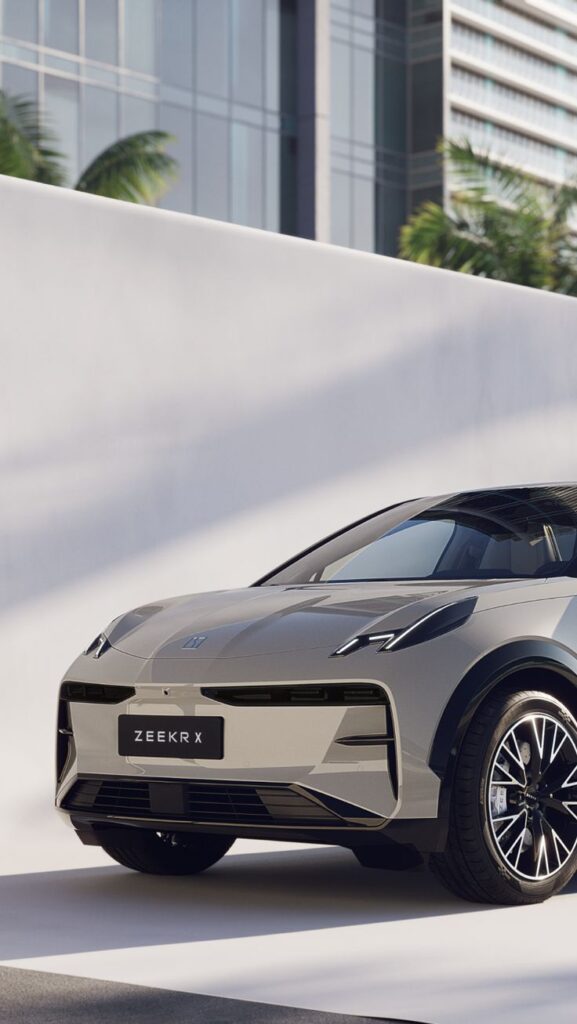
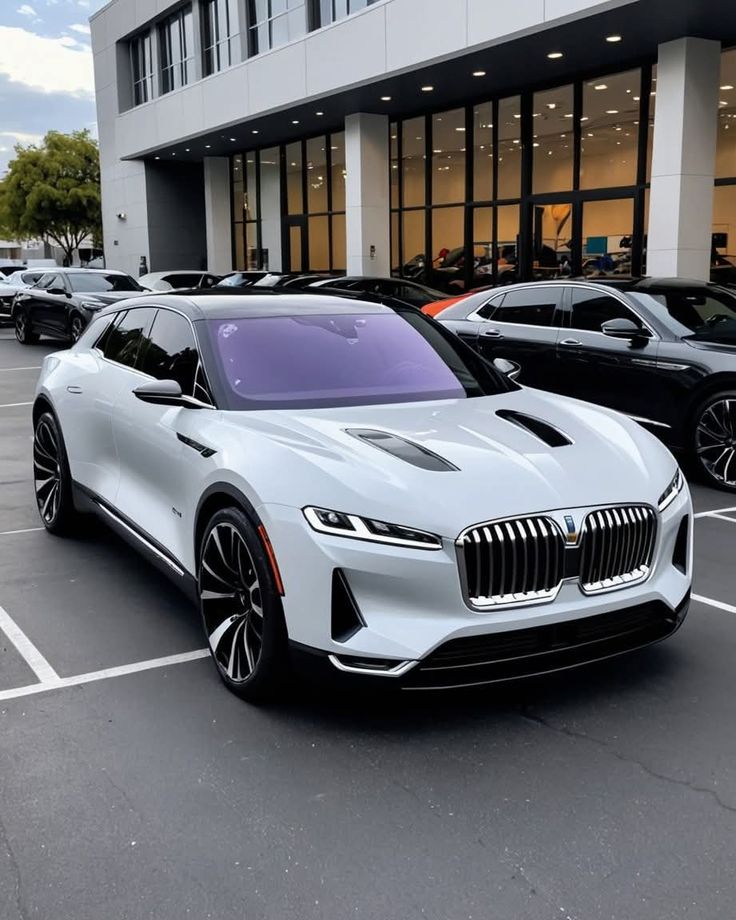
Comparing the Best Value Electric Vehicles
When choosing a budget electric car, you need to look beyond just the purchase price. It’s crucial to weigh how the vehicle performs financially and practically over the years, considering real-world reliability and daily living with your EV.
Cost-Effectiveness Over Time
A low MSRP is appealing, but you should focus on total cost of ownership. This means tracking battery warranty coverage, electricity prices in your area, and estimated resale value.
For example, the 2025 Kia Niro EV is priced competitively but also offers affordable running costs and a lengthy battery warranty. The Hyundai Ioniq 6 provides fast charging and energy efficiency that can save you money at public charging stations, adding to its value.
Models like the Nissan Leaf stand out by offering lower upfront costs, though range limitations may mean more frequent recharging. Federal and state incentives can further bring down your net price for many of these vehicles.
| Model | Starting Price | Range (mi) | Warranty (yrs/mi) |
|---|---|---|---|
| 2025 Kia Niro EV | ~$40,000 | 253 | 5/60k (10/100k batt) |
| Hyundai Ioniq 6 | ~$37,000 | 240-361 | 5/60k (10/100k batt) |
| Nissan Leaf | ~$29,280 | 150-215 | 3/36k (8/100k batt) |
Reliability and Ownership Experience
Reliability determines how stress-free your EV driving will be. The Kia Niro EV and Hyundai Ioniq 6 are known for stable performance and few major issues, according to recent owner reviews and independent surveys.
Electric cars in this price range usually have fewer moving parts than gas vehicles, which often means lower maintenance. Features like long battery and powertrain warranties from brands such as Kia and Hyundai help reduce your financial risk.
You may also appreciate cabin comfort, smart tech, and intuitive controls in models like the Ioniq 6. Make sure to consider after-sales support and the ease of getting routine service from local dealerships, especially if you choose less common models.
- 0shares
- Facebook0
- Pinterest0
- Twitter0
- Reddit0


